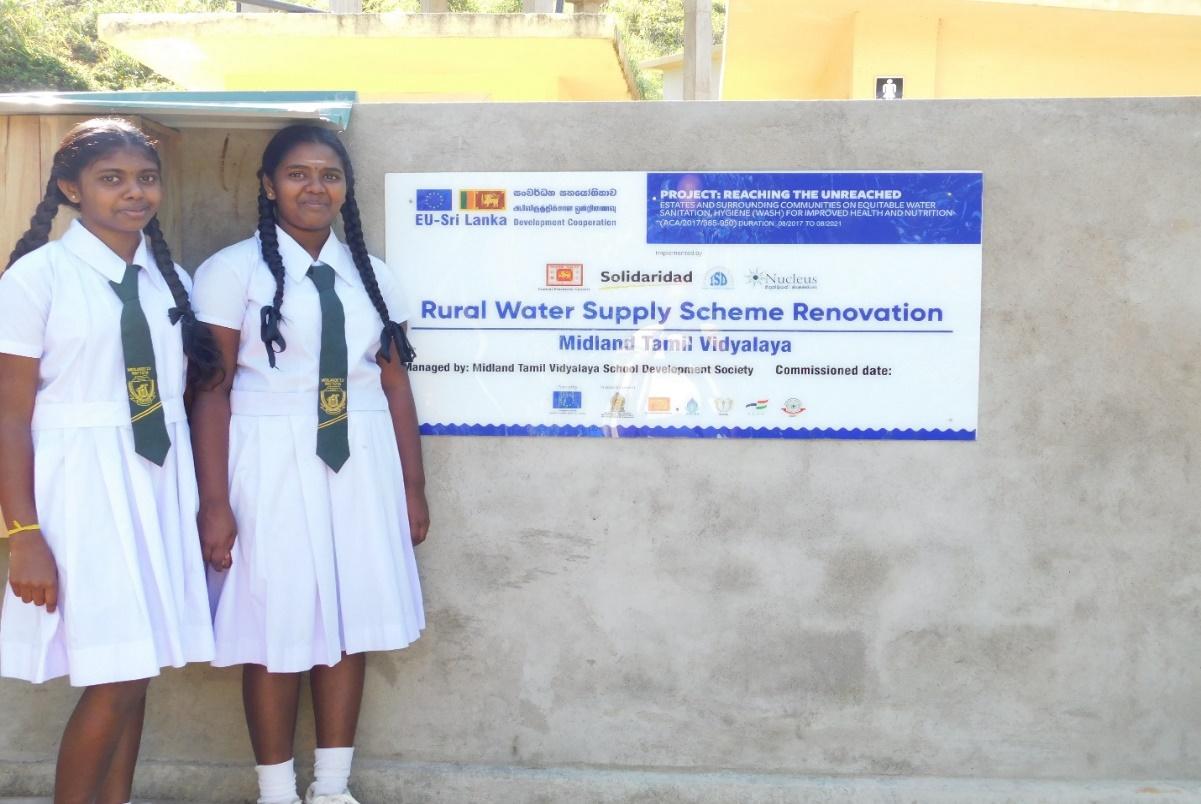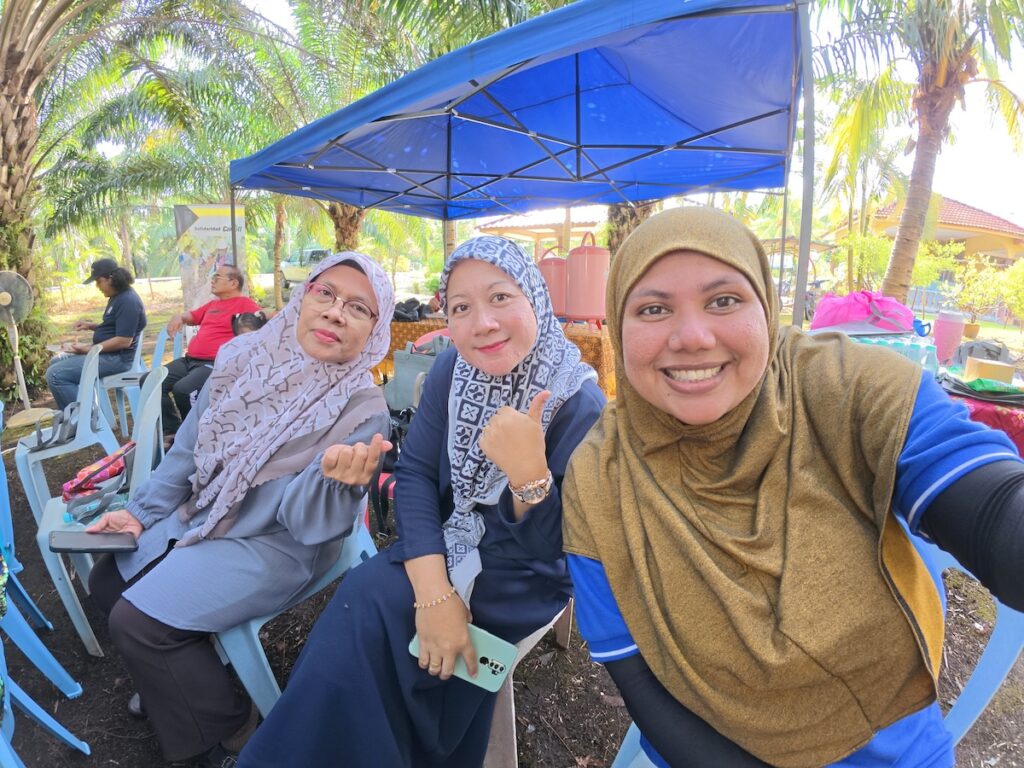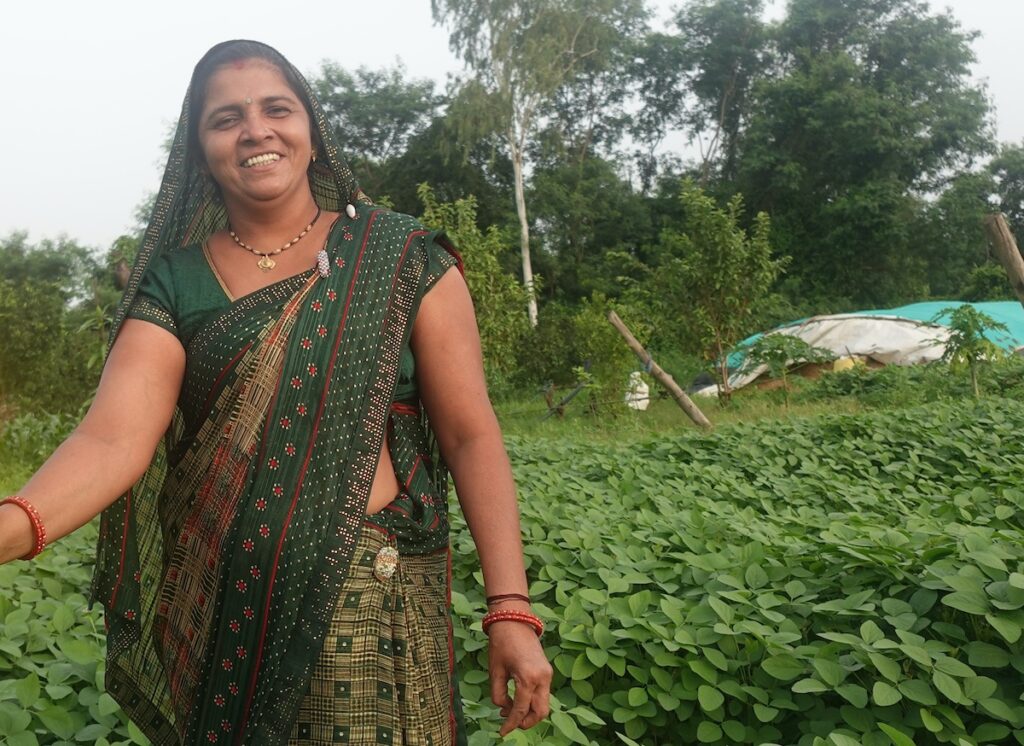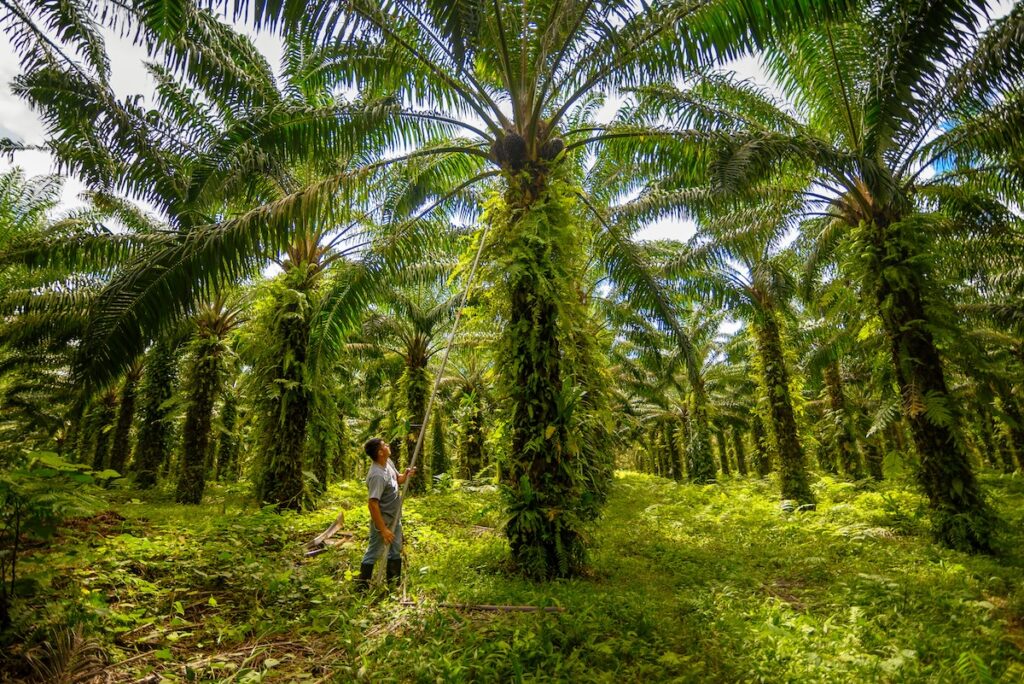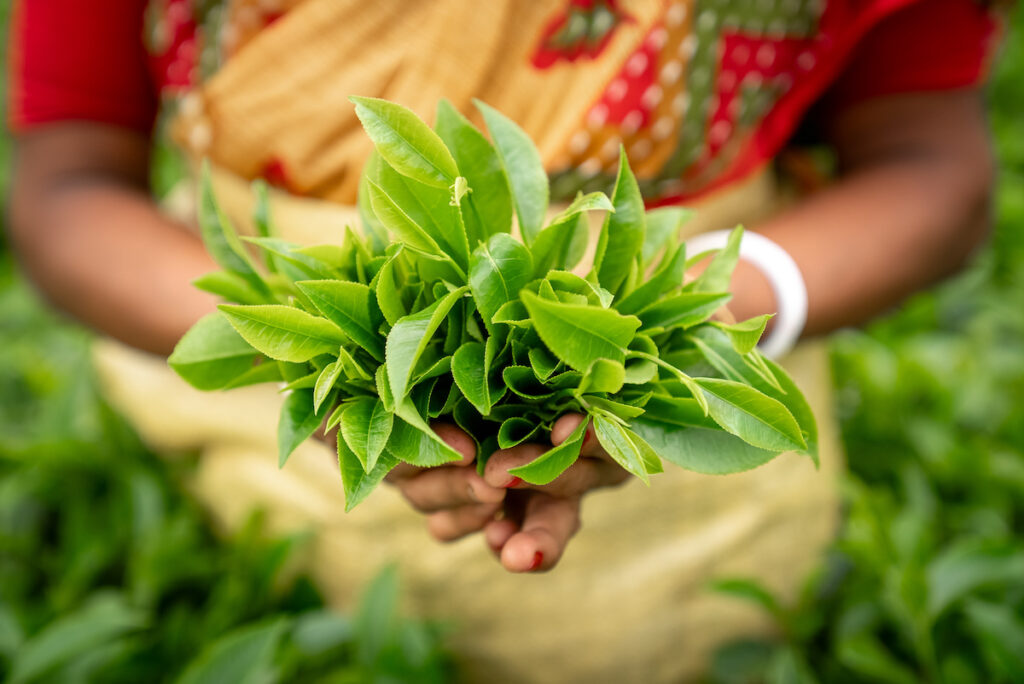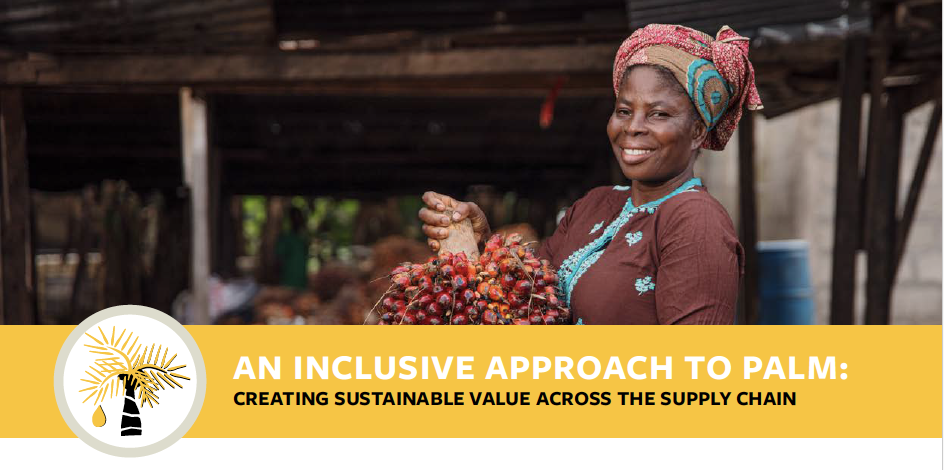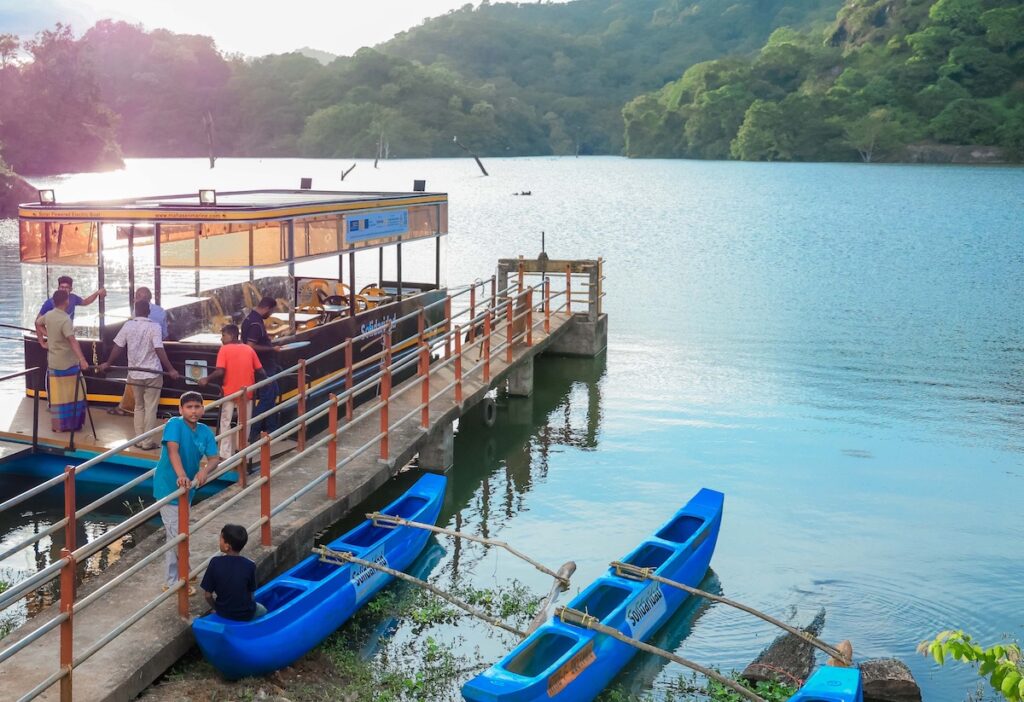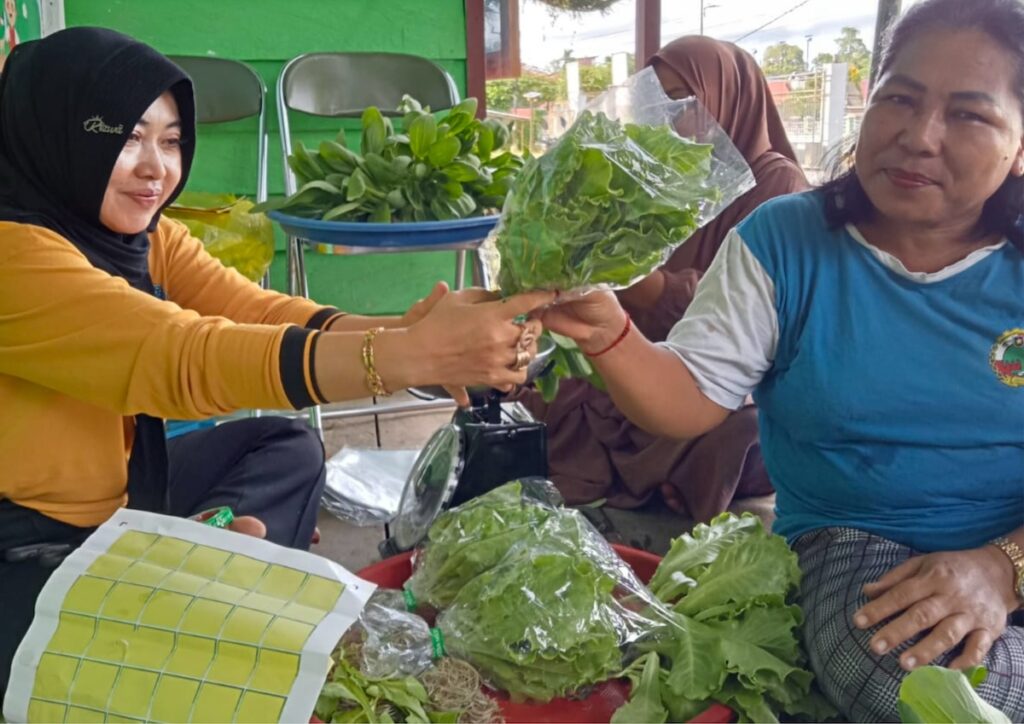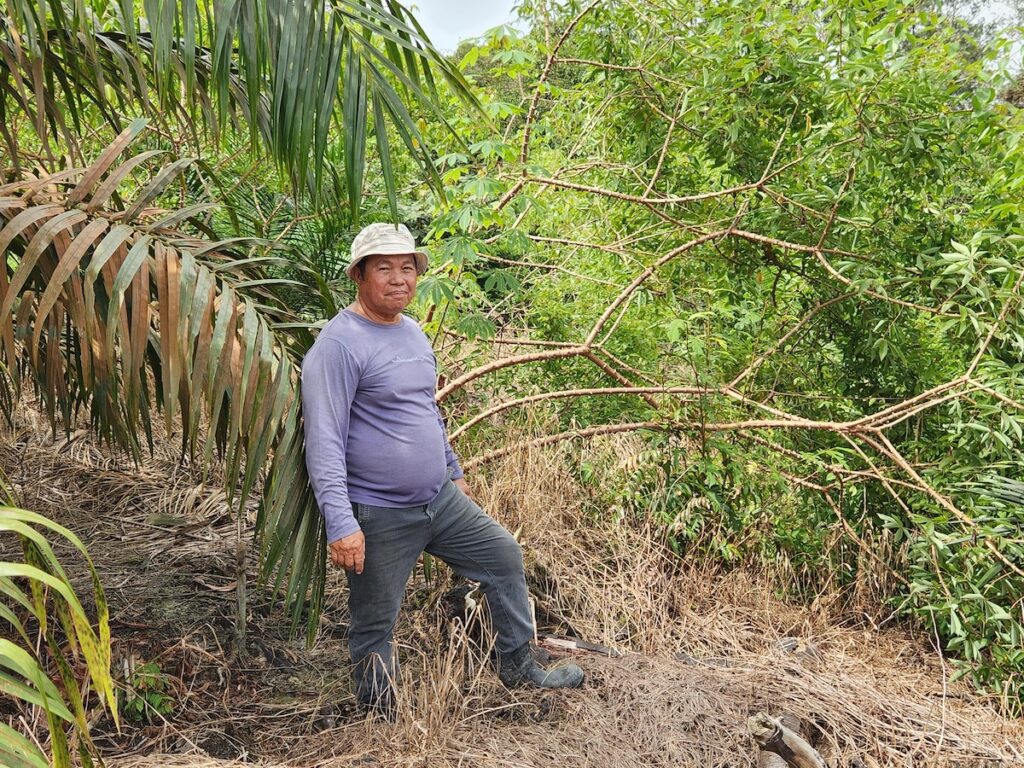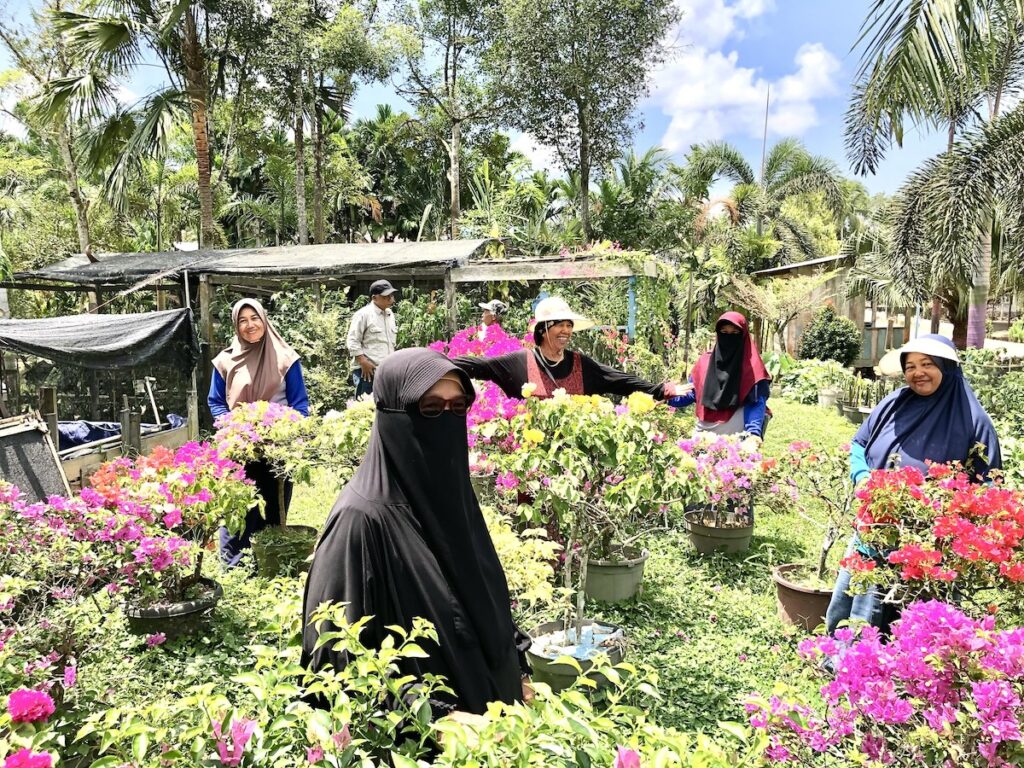Sri Lanka is one of the world’s main producers and exporters of tea. A visit to the south and central provinces of the country reveals spectacularly beautiful landscapes running into miles of lush green tea plantations. Yet, the picturesque description of the hill country is often accompanied with qualifiers like ‘hapless’ and ‘underprivileged’—the words alluding to the condition of the plantation workers.
Pervasive challenges
In Sri Lanka, the plantation sector has comparatively low health and sanitation conditions compared to the rural and urban sectors. The plantation community forms nearly five percent of the total population in Sri Lanka, with women as its backbone constituting more than 50 per cent of tea plantation workers. Poor working and living conditions have long plagued the sector—with water and sanitation leading the issues.
Safe drinking water and adequate sanitation are considered to be basic human rights. Yet the communities in the plantations have perpetually suffered from a lack of access to the fundamental needs, increasing vulnerability to communicable diseases. A lack of toilets and washing and bathing facilities along with a perennial shortfall of water supply have been some of the major issues for the plantation workers, besides concerns over contaminated water sources. The risk of ground water contamination with faecal matter due to faulty septic tanks and pipelines has been a common pain for years. The limited interventions of development partners in the plantation sector in Sri Lanka have not helped the matter either.
Another issue prevailing the rural plantation areas is stunting of children of less than five years old. These children constitute more than the national average and are often born underweight, anaemic and with debilitating health conditions. Pregnant and nursing women, along with children, have been perpetually subjected to low-to-no nutrition diets, owing to a lack of access to nutritious and health food, leading to an all-pervasive malnourishment.
‘Reaching the Unreached’
It is well-documented that lack of access to quality water and sanitation has adverse impact on education and health care, including malnutrition; just as improving the lives of the plantation workers has a positive effect on the Sri Lankan economy. Rising to the cause, Solidaridad’s ‘Reaching the Unreached’ (RTU) programme was initiated in 2017, with funding from the European Union and in collaboration with Nucleus Foundation and Institute of Social Development, with the aim of rehabilitating and improving water and sanitation facilities in 50 estates and 100 rural villages, including 50 schools, in the districts of Matale and Nuwara Eliya (in Central province) and Badulla and Monaragala (in Uva province).
Working on a structured vision, the programme covered three distinct objectives:
- Ensuring access to improved, adequate and sustainably managed water supply sources
- Strengthening capacities of local functionaries and community institutions
- Promoting sustainable nutrition, sanitation and hygienic practices
Working for a sustained change
Working closely with the local authorities and government bodies as well as private entities and civil society organizations, the RTU programme has reached more than 200,000 people, including over 110,000 women and 90,000 men, with improved, adequate and sustainably managed water supply through technological interventions and infrastructures as well as trainings and capacity building. Infrastructures in terms of renovation of rural water systems, such as safe drinking water facilities and making water available from existing sources through pipelines and other hardware structures, for the communities have been set up under the programme in the hard-to-reach villages, including in more than 80 schools. This benefitted the women specifically, saving them time and energy from securing water from distant locations several kilometres away from their homes.
Notwithstanding the hardware interventions, it was clear that building infrastructure was not enough. To bring about the real change for the communities, it was important to adopt a holistic approach. The need of the hour was a behavioural change in adopting environmentally friendly and effective WASH practices to ensure that the change was sustained. It was imperative to strengthen the capacities of local functionaries and community institutions on sustainable water and sanitation management and emphasize on sustainable nutrition, sanitation and hygienic practices through community mobilization and social and behavior change communication (SBCC).
As such, existing systems were improved by building capacities and strengthening synergies between the government service providers and the communities.
The programme established several community resource centres and formed more than 300 community groups, including youth and women groups, focussed on sustainable water, sanitation and health and nutrition management across all the four districts. The 236 community resource centres established under RTU are helmed by women functionaries who organise meetings and sessions to share knowledge and capacities on WASH and health and nutrition with other men and women.
Beating malnutrition
Malnutrition has been an acute issue among the tea-garden communities.
The RTU programme supported women to transform their home gardens into nutrition gardens, by facilitating awareness campaigns and trainings on selecting seeds and plants based on nutritional value; producing their own compost and distributing plants and seeds through community leaders and volunteers. Over 200 trainings have been organized on establishing and nurturing nutrition gardens with more than 6,000 beneficiaries. Several publications related to nutritional food preparation and nutrition gardens in both local languages have been disseminated across the regions, with a primary focus on reducing underweight infancy and malnutrition among children and women in the communities.
The programme also assisted in strengthening their linkages with the government stakeholders (e.g., the government agricultural officer serves as the crop advisor) and developed community service providers for sustained impact. The systematic nutrition-gardens attracted much interest among the tea plantation community as a way to beat malnutrition.
“The trainings and guidance on nutrition gardening was most useful as it gave me comprehensive knowledge and practical skills on developing a successful home-garden and provide healthy meals to my family,” said T.D. Hemaltha, a member of Dirimath Praja Moola Sanvidanaya (a community-based organisation) from Badulla district.
Hand-washing and pandemic-preparedness
A total of 389 handwashing and hygiene-related promotional activities were conducted under the programme in the identified regions of intervention. One of the main objectives of the initiative was to sensitise the estate and surrounding village communities, including school children, on safe sanitation and water practices through SBCC activities.
For example, a ‘Water System Renovation’ project was implemented at the Rupaha Saddananda Secondary School in Nuwara Eliya district in the Central Province. These initiatives changed the behavioural practices among school students and communities in the remote areas of the Central and Uva provinces. These timely interventions carried out by the RTU programme immensely contributed towards inculcating the best practices in health and hygiene and containing the spread of the pandemic in the communities.
Power to girls
“As a science teacher I took it as a responsibility to discuss one of the most culturally sensitive topics, menstrual hygiene management (MHM), with my students. However, it was a challenge to speak about MHM practices without proper toilets or regular water supply in the school,” reminisced Padma Priya, Vice Principal of the Midland Tamil School in Matale District.
During the initial meetings at the schools in all the four districts, it was discovered that the girls mostly remained absent for an average of 27 school days every year during menstruation. Lack of basic facilities, such as water in toilets, proper disposable facilities and privacy in washrooms, topped the list of reasons.
“The Midland School had seven toilets but without continuous water facility. During rainy days the pipes got clogged with mud, and the students had to carry water from a distance. This situation left adolescent girls with the option of staying away from school during menstruation; otherwise, be in school but without visiting the toilet for six to seven hours until they reached home. The latter was worse as it could cause serious gynaecological issues,” Priya mentioned.
The RTU programme responded to the issue by upgrading the water and sanitation facilities in these schools—installing regular water supply pipelines and safe drinking water systems among others. The programme also provided incinerators to all the 59 schools (those with standard seven and above) in the four districts for safe and hygienic disposal of sanitary napkins. The incinerators have enabled the girls to maintain hygiene and privacy within the school premises and avoid absenteeism.
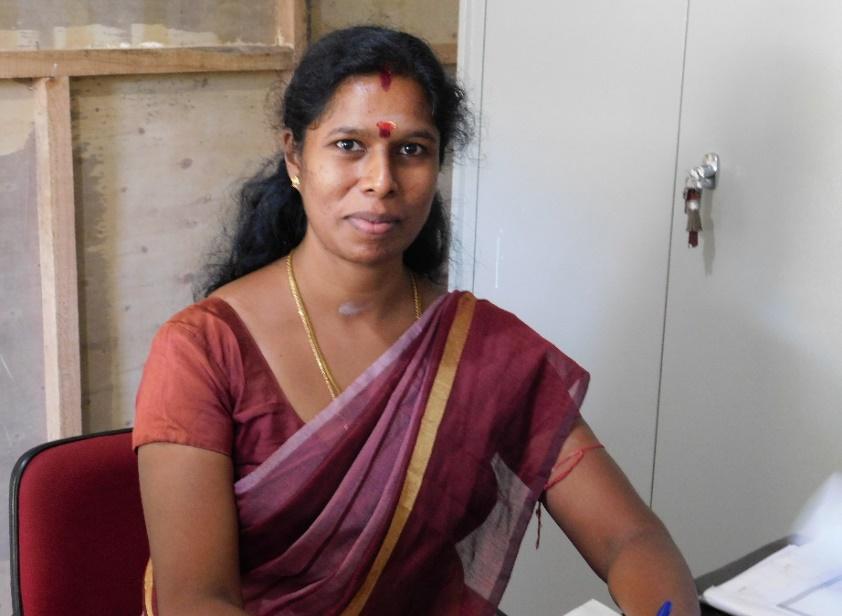
“The school now has a fully renovated water system upgraded with proper storage facilities and a four-stage carbon filtration system with water dispenser facilities inside classrooms. All the seven toilets have been upgraded with new doors, tiled walls and pipe water. However, the most important feature impacting the lives of the girls is the sanitary disposal unit installed in the girls’ toilet. This has improved their lives at school,” the Vice Principal said.
A success story
Access to water supply and sanitation, particularly in poor and remote areas make for an important sustainable development goal (SDG) and a prerequisite to achieve economic success for any country. Four years into developing a community of best WASH practices and health and nutrition development, the ‘Reaching the Unreached’ programme is a success story so far with a total reach of 23,037 people getting access to safe water supply and sanitation in the rural parts of Sri Lanka. Moreover, with about 38 per cent women engaged as leaders, driving decisions and strengthening women’s voice, Solidaridad is deeply aligned to the SDG 5, and committed to continue working towards achieving gender equality and empowering women and girls among the marginalised and underserved communities in Sri Lanka.

